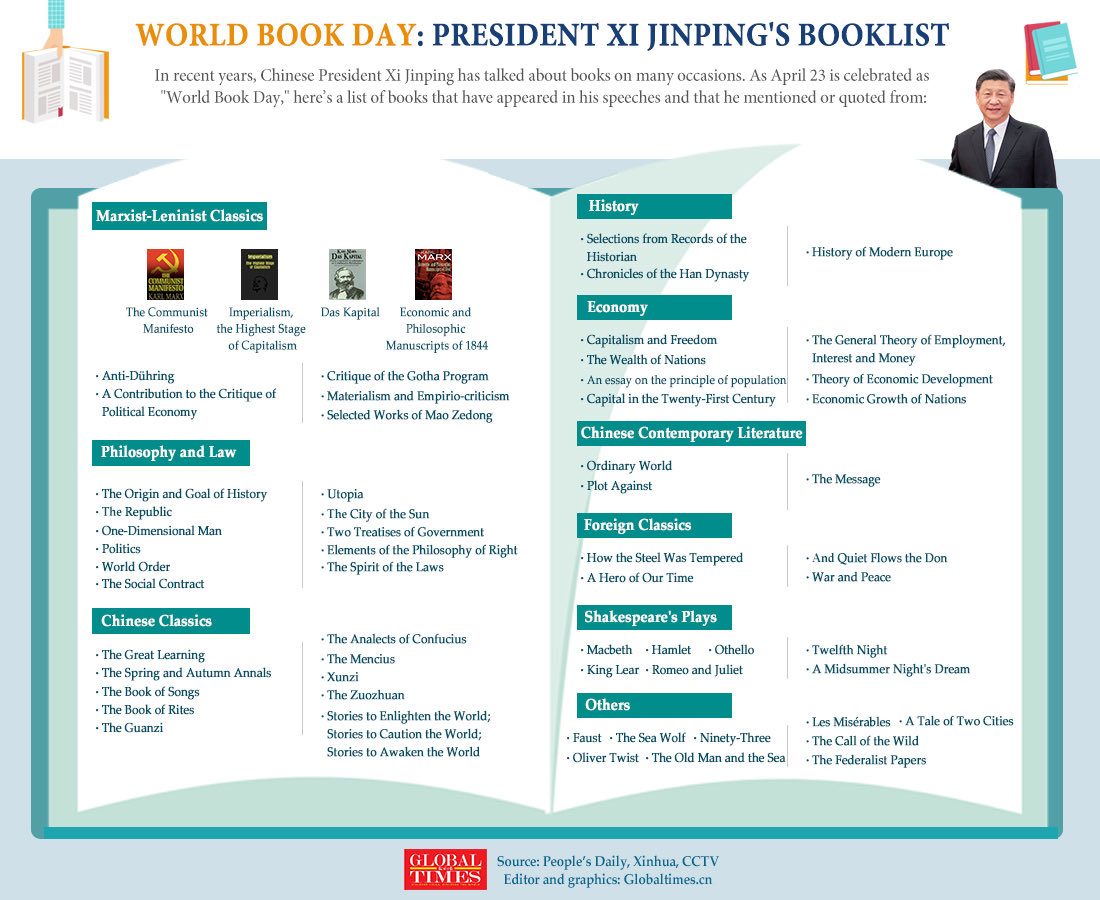Seems like it was in a speech in Seattle.
I'd agree that the Federalist Papers are definitely representative of "the American Spirit".
Hamilton, who wrote most of them, was pretty good. Read Radical Hamilton published by verso (or listen to the Radio War Nerd interview with the author).
Yeah my interpretation of Hamilton is an aristocratic republican, who was utterly disdainful of direct democracy.
That much isn't even in question. It is the Hamiltonion's burden to defend why that would be a good thing.
But boy oh boy could he centralisé state power for national development.
And many of the folks on the Jeffersonian buzz wanted direct democracy so they could do slavery.
Hamilton was a proto Fascist who's centralisation of the economy destroyed any radical democratic base the American revolution might have had. He deserves the wall for the Whiskey Rebellion alone.
I dislike moralism so I try to avoid good/bad when looking at things critically, but as far as 18th century political projects went, the Federalists were pretty good. Idk much about Hamilton specifically (I haven't seen the musical), but as their leader I'd be inclined to say he was good. I also wish we still had a national bank.
In contrast, listen to the RWN episode about the Whisky Rebellion (Episode 63 with William Hogeland).
I'm sorry I can't hear you over the sound of my brain screaming "LIBERAL," pointing, and laughing.
I suppose you're right though. In the context of a 17th century liberal, Locke had some "progressive" views in terms of pointing out the absurdity of treating "patriarchalism" as the supreme governing philosophy. He lags behind most of the succeeding enlightenment era philosophers though, particularly in his absolutism about private property which is still cited by dimwit "classical liberals" to this day. However, his viewpoint is understandable in the context of a society where the King could arbitrarily crush you and take your shit. It is no surprise the aspiring bourgeoisie saw private property as a refuge from this sort of arbitrary rule.
When stood up to other enlightenment liberals like Montesquieu and Rousseau (let alone Paine), it is always a warning sign when people in the year 2020 point to Locke as a source of inspiration though. You could credit Locke as being one of the earliest prolific writers on the trend towards liberalism, but the concepts were refined much, much farther over the course of the following century.
That's fair. I think there is good value in building up a historiography of political thought. In fact, that is the only reason why we still talk about Marx, Engels, Lenin, Mao, etc. After all, there are much more modern writers who can speak much more accurately about the events taking place in the world around us, but it is the ability to trace modern problems to their original roots which really helps us sort out reality from pop philosophy woo. Considering the progression of philosophers included on the chart, Locke does probably belong there. Adam Smith even more so. It certainly helps to be familiar with an ideological framework if you are trying to refute it.
Trump's reading list: Turner Diaries, The National Enquirer
Biden's reading list: Readers Digest, Cartoons in the newspaper
I don't think Trump has ever read anything that's not a gossip rag
Foreign Classics: A Hero Of Our Time, War And Peace
Others: Faust, Les Mis
was this supposed to be "Russian + Soviet classics", "Other classics" maybe
https://www.youtube.com/watch?v=i02Ta1_RTvs this but it's me and xi




